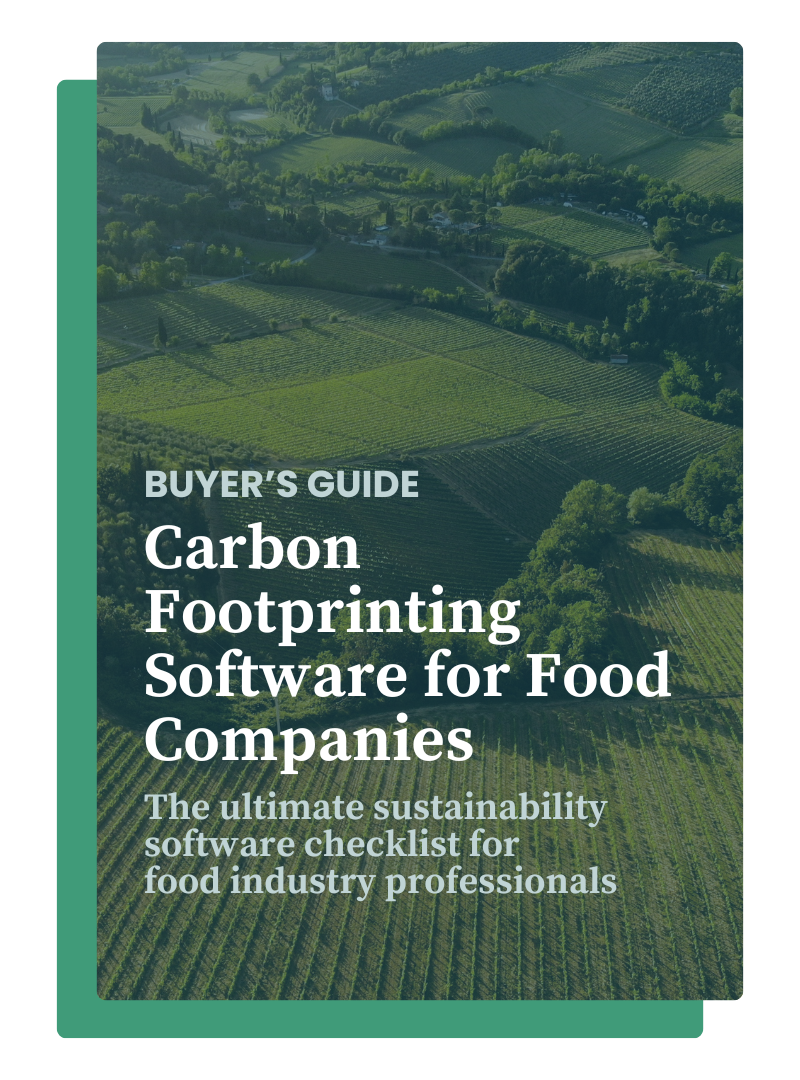
The pressure on food CPGs and brands to provide detailed sustainability data is at an all-time high.
Regulatory bodies, B2B customers, and consumers alike demand transparency and accountability in sustainability practices. Meeting these demands often leads to overwhelming amounts of work, creating what we call "sustainability survey fatigue."
In response, HowGood developed a comprehensive toolkit designed to help food companies automate sustainability accounting at scale, streamline reporting processes, and save valuable resources. We’ve recently updated our toolkit to specifically support the needs of food CPGs and brands.
Why we created the “Surviving Survey Fatigue” toolkit
The need for accurate, product-level sustainability data has become critical as food companies strive to meet aggressive decarbonization targets and comply with ever-more complex climate disclosure regulations. HowGood’s toolkit provides the necessary tools and strategies to address the unique challenges faced by CPG companies, enabling them to efficiently manage sustainability data requests, integrate sustainability data across product lines and supply chains, and effectively communicate their efforts.
Highlights from the toolkit
Automating Data Collection
- Leverage new technologies to more easily gather the data you need from across the value chain.
- Reduce manual effort and increase accuracy through automation.
Standardizing Reporting Processes
- Take back control and implement consistent processes and metrics for uniform data reporting.
- Ensure comparability and verified reliability of the sustainability data you provide to customers.
Engaging Suppliers
- Collaborate more easily with suppliers to obtain necessary data.
- Make sure suppliers are working toward the sustainability standards you need.
Communicate Effectively
- Leverage your data to develop compelling narratives around sustainability efforts for sales and marketing.
- Engage B2B customers and consumers with clear and transparent communication that avoids greenwashing.
The challenge of increasing sustainability data requests
Food CPG companies are experiencing an unprecedented increase in sustainability data requests. These requests vary widely in format and complexity, making it difficult for sustainability teams to manage them efficiently. Retailers need comprehensive data on environmental and social impacts, and consumers are seeking transparency and honesty about the products they choose to purchase.
"Having an impact assessment tool for our product portfolio is raising the sustainability awareness of our product developers and brand teams. This holistic tool is critical to improving the sustainability impact of our brands." - Takoua Debeche, SVP, Research & Innovation at Danone
Steps to streamlined sustainability reporting
- Build internal alignment. Create systems that facilitate efficient collaboration across teams. Address communication gaps and challenges in sharing sustainability information.
- Audit your reporting needs. Define the metrics most important to your customers and regulations. Set up systems to support holistic ESG metrics beyond carbon.
- Design effective workflows. Identify how to measure and track data in real-time. Incorporate R&D, procurement, and sustainability teams to strategize efficient workflows.
- Streamline reporting workflows. Provide a secure method to supply customers with accurate product impact information.Ensure consistent and precise responses to customer requests.
It’s time to transform your sustainability data into a competitive advantage
By implementing the strategies outlined in this toolkit, food CPG companies can turn the challenge of sustainability reporting into a competitive advantage. Automating reporting processes not only meets the increasing demand for data but also enhances brand value and market share by demonstrating an honest commitment to sustainability.
Download “Surviving Sustainability Fatigue” and empower your team with the tools and strategies to streamline sustainability reporting.



.png)
